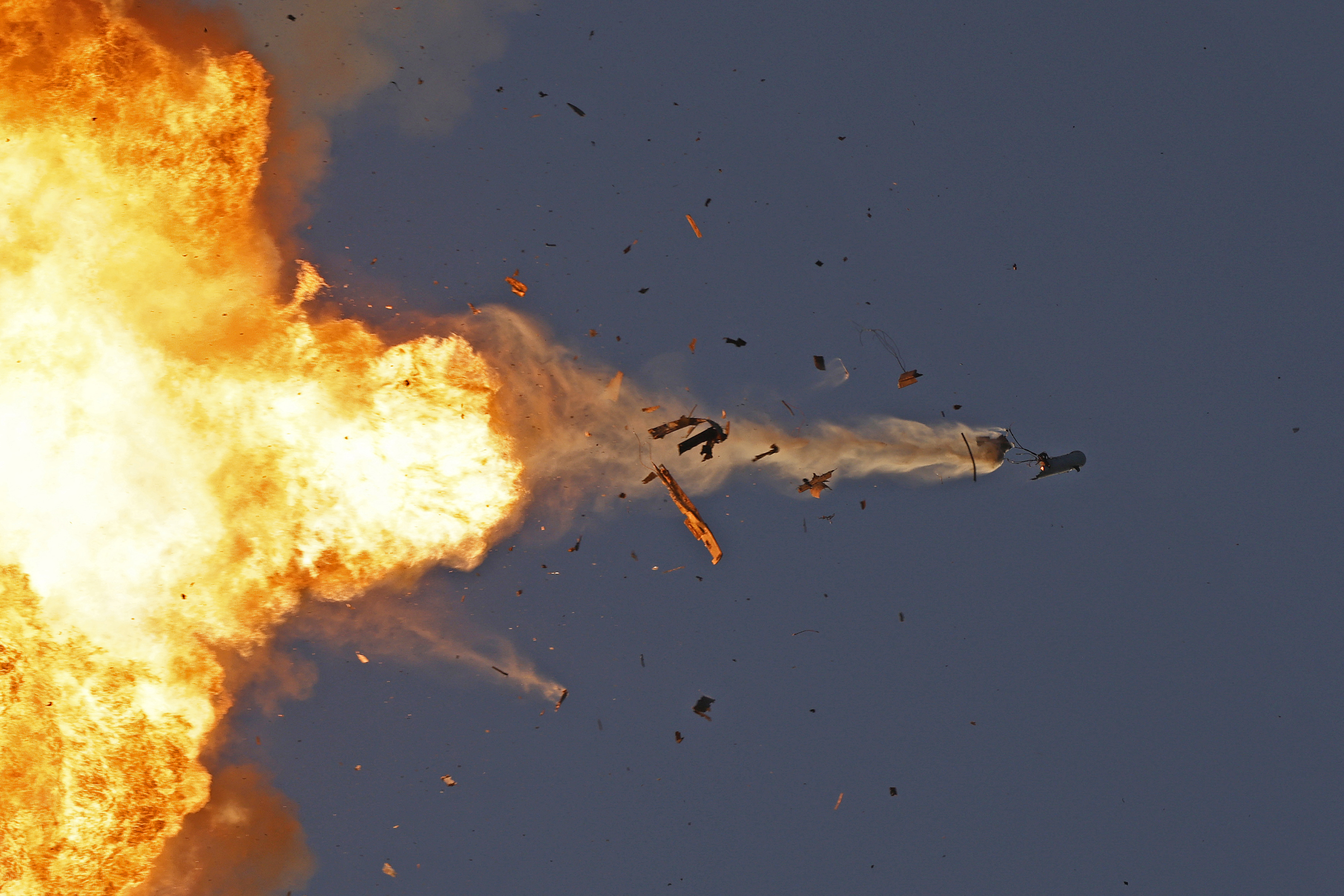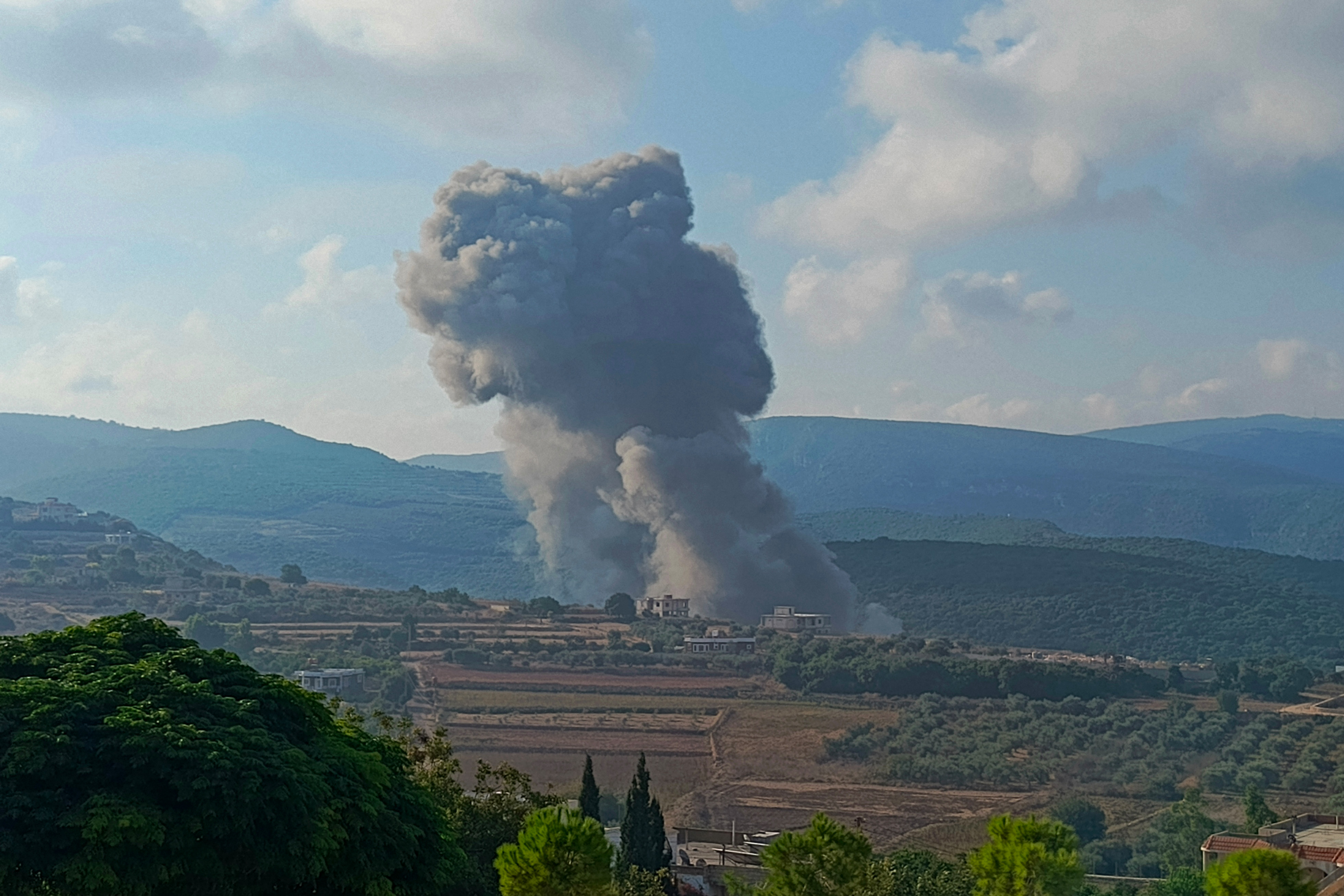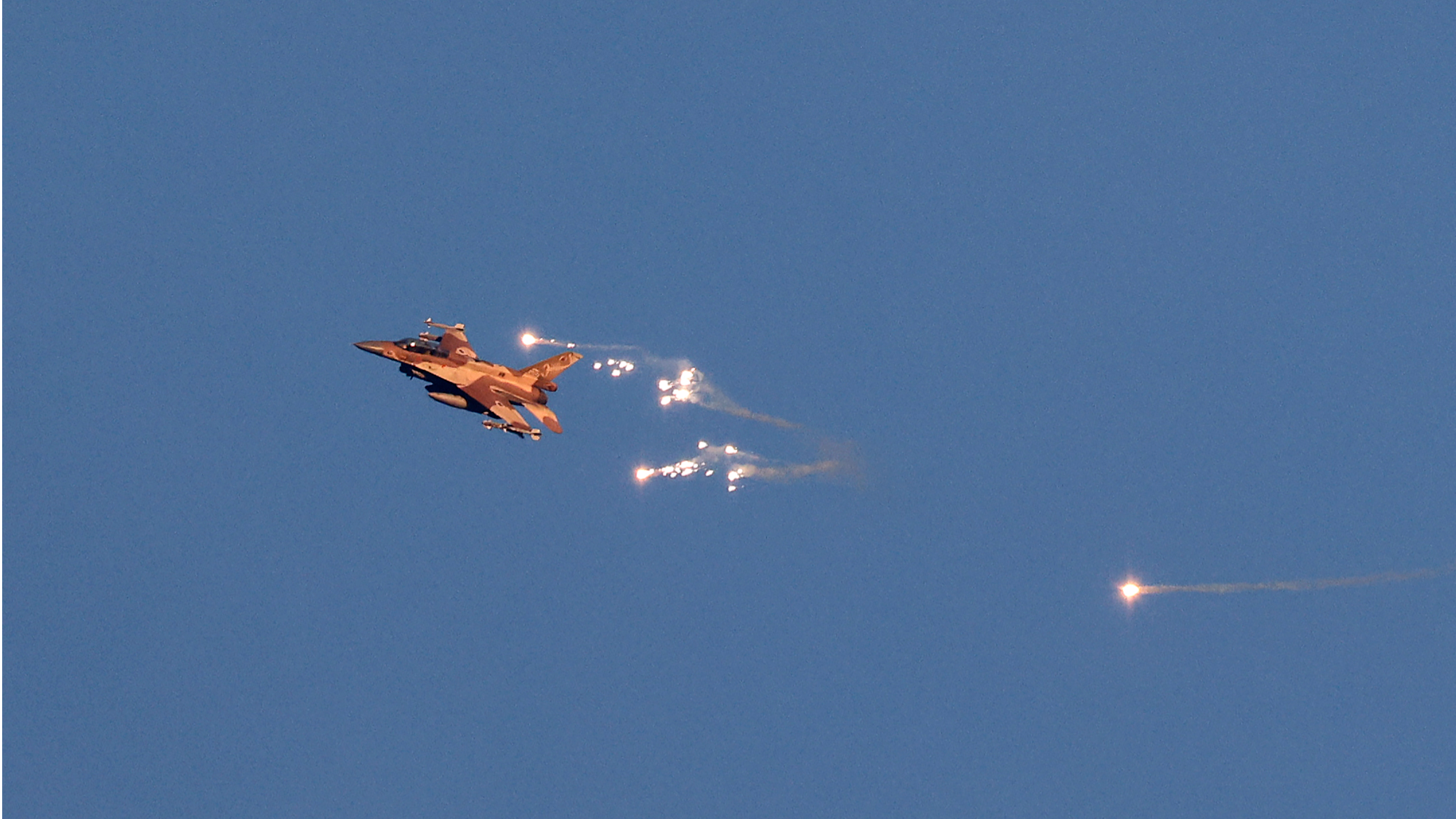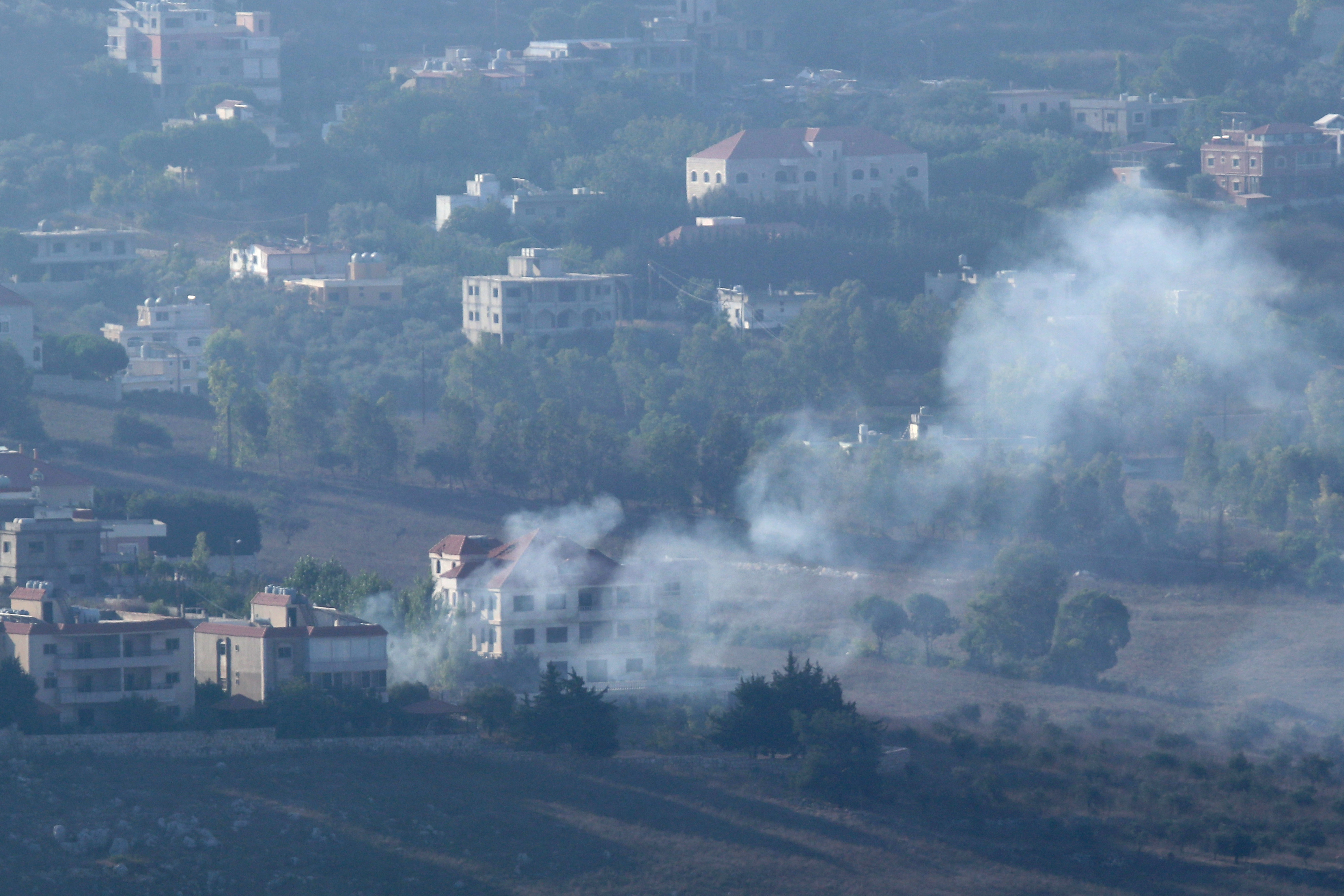
JERUSALEM/BEIRUT - About 100 Israeli warplanes struck and destroyed "thousands" of Hezbollah rockets and missile launcher barrels to be launched at northern and central Israel, the Israel Defense Forces (IDF) said in a statement on Sunday.
The strikes targeted more than 40 launch areas in southern Lebanon, which began before dawn, the IDF said, adding that most of the launchers were aimed at northern Israel, with some directed toward central Israel.
ALSO READ: Israel says it bombed Hezbollah arms depots in Lebanon's Beqaa Valley
"Whoever hurt us -- we hurt them," Israeli Prime Minister Benjamin Netanyahu said in a video statement.
During the strikes, one person was killed in the town of Khiam in southern Lebanon, Israel's state-owned Kan TV news reported.
Israel's Magen David Adom rescue service reported that a woman in northern Israel was lightly injured by shrapnel. Video footage circulating on social media showed that a residential home in Acre was hit and sustained heavy damage.

IDF Spokesman Daniel Hagari said during a press briefing that the military had "identified extensive preparation by Hezbollah to fire toward the Israeli home front" and launched the strikes as "a self-defense act to remove threats."
Israeli Defense Minister Yoav Gallant has declared a "special situation on the home front" nationwide. New security guidelines were issued for residents from the north to Tel Aviv, banning large gatherings and urging people to stay close to shelters or safe rooms.
READ MORE: Gaza ceasefire talks 'resume in Cairo, with no sign of progress'
Ben Gurion International Airport was temporarily shut down for incoming and outgoing flights, the Airports Authority announced, adding that full operations would resume during the morning hours.
Hezbollah said on Sunday that it had fired more than 320 rockets at 11 Israeli army sites in retaliation for Israel's attack on Hezbollah's senior military commander, Fouad Shokor, the Lebanese National News Agency (NNA) reported.

The NNA further reported that a series of Israeli air strikes on Lebanon began in the early hours of Sunday, causing serious damage to property, crops, and infrastructure, especially electricity and water systems. It was the heaviest since the start of the Hezbollah-Israeli conflict late last year.
The attacks occurred amid escalating tensions in the region, including cross-border fighting between Israel and Hezbollah since Oct 7, 2023, as well as ongoing efforts to secure a ceasefire between Israel and Hamas, aimed at preventing a broader conflict in the Middle East.
READ MORE: Netanyahu says Israeli troops not to leave Gaza-Egypt border
Meanwhile, Royal Jordanian CEO Samer Majali announced on Sunday that all flights to Beirut are being suspended due to the volatile situation in Lebanon.
The company said in a press statement that "flights to and from the Lebanese capital, Beirut, have been suspended due to the current situation."

Also on Sunday, Captain Haitham Misto, chief commissioner and CEO of the Jordanian Civil Aviation Regulatory Commission (CARC) said that the Jordanian airspace is operating normally for incoming, outgoing, and transit flights.
"We are monitoring regional developments and assessing the situation based on the available data to take any necessary actions if needed," he said in a statement published by the state-run Petra news agency.


